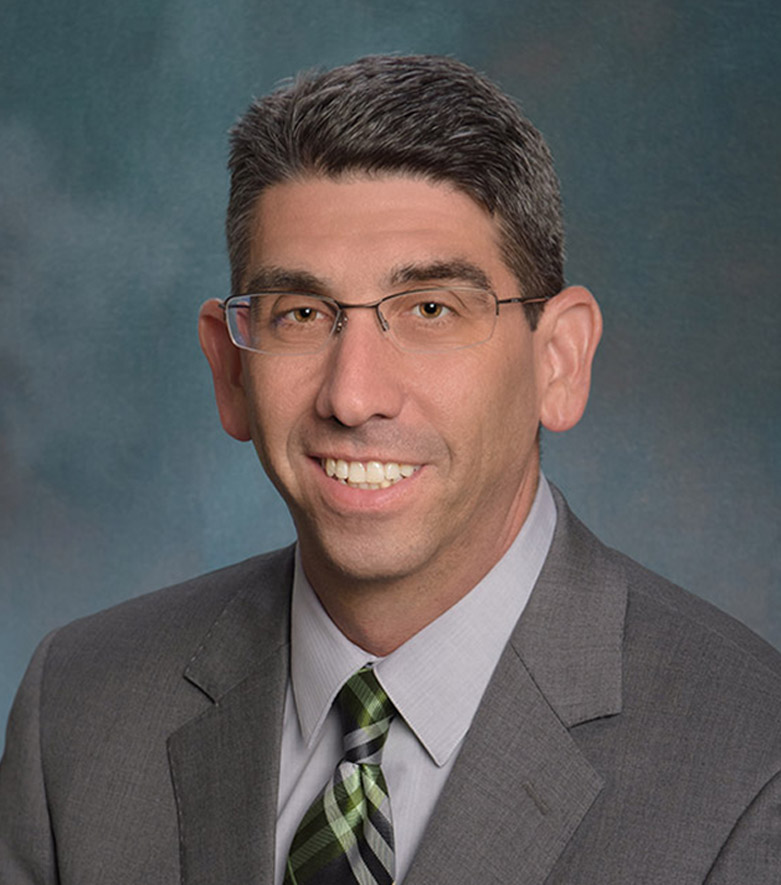Blog
Social Media Issues Affecting Jury Trials
Los Angeles Injury Lawyer
by David B. Bobrosky
(818) 907-3254
There’s a great buzz lately over social media issues, with topics ranging from cyber bullying to privacy rights and sexual harassment. The issues even affect the justice system:
Recently a juror in Texas was kicked off a jury after he sent a “friend” request to the Defendant in the trial through Facebook. Yes, you read that correctly. A juror attempted to ‘friend’ the Defendant during a trial regarding a car accident. The juror pled guilty and was sentenced to two days of community service.
 Amazingly, this is not an isolated social media ethics incident affecting the legal system. Several stories recently have detailed how jurors are misbehaving through the use of social media.
Amazingly, this is not an isolated social media ethics incident affecting the legal system. Several stories recently have detailed how jurors are misbehaving through the use of social media.
An article in the New York Law Journal in March (“Social Media Misbehavior by Jurors Afflicts Trial Process”) broke down the misconduct into four general areas:
- Publishing information about a trial through Twitter or Facebook
- Researching facts or legal principles through the internet
- Contacting or “friending” parties, lawyers, witnesses or judges
- Broadcasting internal decision, such as the progress of finding a jury for a specific case, or communicating with other jurors prior to deliberations
Another article in California Lawyer (“Jurors Gone Wild”) described data from Reuters Legal citing nearly 100 verdicts over the past decade that have been called into question because of a juror’s internet research or social media comments. The article cites 21 cases in which judges granted new trials or overturned verdicts in the last two years.
Getting a Handle on Ethical Issues of Social Media
There is no easy answer to figuring out how to get a handle on the ethical issues of using social media in courtrooms. The most drastic suggested methods have the Courts confiscating phones, laptops, iPads, and other devices upon entering the courtroom.
Some regulators even call for the jamming of mobile networks within the courthouse. Of course, even these drastic methods cannot prevent jurors from improperly using social media once they leave.
Of course, these solutions only prevent jurors from engaging in these activities at the courthouse. There is nothing that can be done to truly stop jurors from being able to engage in such behavior at home. And considering the fact that we are a society that “googles” everything, this is not an easy problem to solve.
Social Media Ethics in California
California has been one of the more aggressive states in terms of trying to crack down on jurors’ improper use of social media.
Two years ago California updated both its civil and criminal jury instructions. The jury instructions specifically warn jurors not to post any information about the trial or their jury service on the internet in any form. They further warn jurors not to communicate with anyone associated with the trial through e-mail, text messages, or any other media. Lastly, they warn jurors not to use the internet to do any type of research.
Taking the warnings a step further, Governor Jerry Brown signed a bill in August that could make willful disobedience of these warnings criminal contempt. This means that an offending juror could serve jail time for violating these social media prohibitions.
Hopefully, these aggressive steps will help. In the immediate future, however, attorneys and judges will be spending extra time warning jurors of the consequences of such actions.
David B. Bobrosky is a Los Angeles Injury Lawyer. Call him by dialling 818.990.2120, or reach him via e-mail: dbobrosky@lewitthackman.com.
